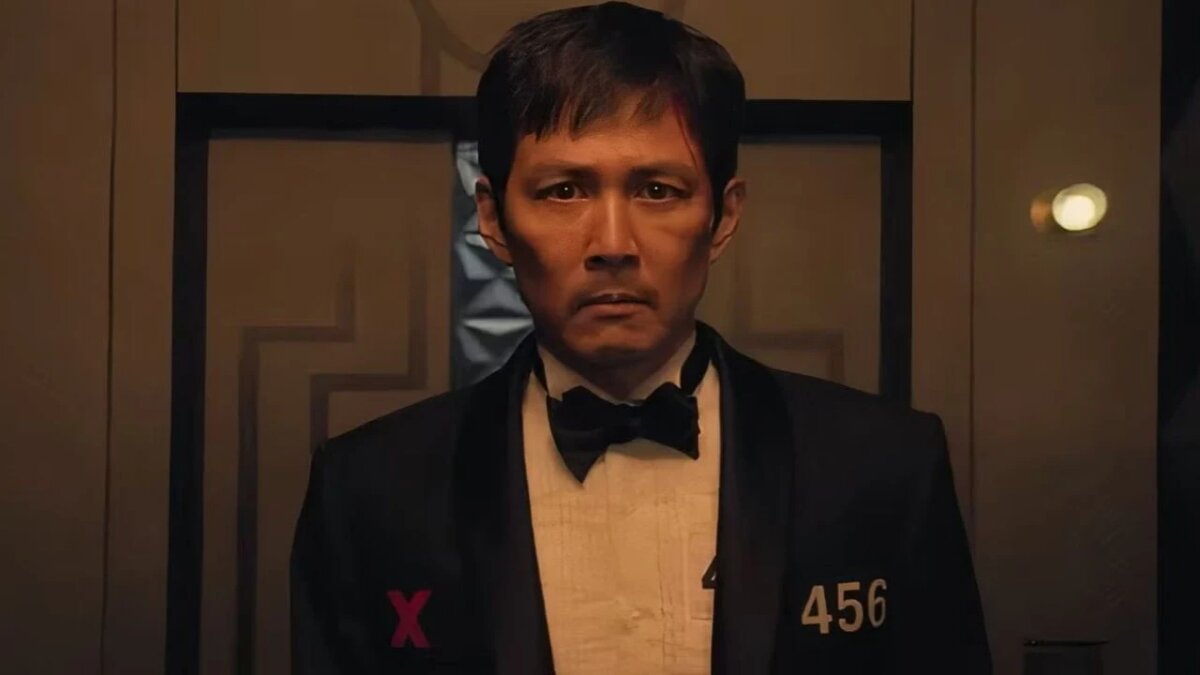The third and final installment of the Squid Game series, centered around Lee Jung Jae’s character Song Gi Hun, concluded on June 27 and quickly dominated online conversations. Among the most talked-about elements was its haunting ending, which saw Gi Hun making the ultimate sacrifice. The scene sparked a mix of shock and introspection among viewers, leading many to question why the series concluded on such a grim note.
In a post-release interview with K-media outlet iMBC Entertainment, director Hwang Dong Hyuk addressed the ending and revealed that an alternate version with a happier outcome had initially been considered. According to him, the early drafts of the script envisioned Gi Hun successfully dismantling the system behind the Squid Game and eventually reuniting with his daughter in the United States. However, as the story developed, Hwang felt that such a conclusion would not align with the show’s evolving message or the current state of the world.
Reflecting on the global climate today, Hwang shared that conditions have only worsened since the release of Season 1. He pointed to deepening economic inequality, ongoing wars, and the looming climate crisis as indicators of a world that continues to weigh heavily on the average person. In that context, Gi Hun’s sacrifice was meant to serve as a powerful metaphor—an act of defiance that represented the burden ordinary individuals must carry in order to protect what truly matters.
Gi Hun’s death also paved the way for a surprising new victor: a three-day-old infant, the daughter of Kim Jun Hi (played by Jo Yuri), known in the games as player 222. Hwang explained that the choice to make a baby the final winner was deeply symbolic. It reflects the despair many young people feel about the future, believing it to be darker than that of previous generations. The baby, in this case, became more than just a narrative twist—it served as a beacon of hope, a vulnerable life that demands change and protection.
By ending the series in such a tragic yet thoughtful manner, Squid Game 3 avoided the comforts of a happy resolution and instead leaned into a message about social responsibility, generational legacy, and the harsh truths of the real world. Gi Hun’s fate may have broken hearts, but in the eyes of its creator, it was a necessary ending to leave a lasting impact.


